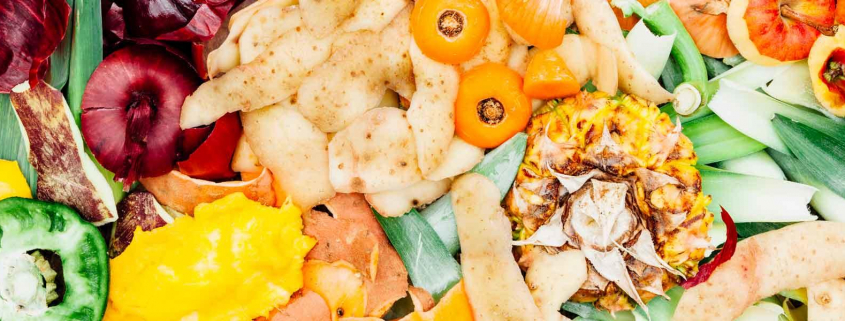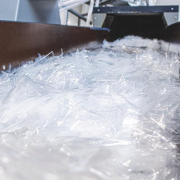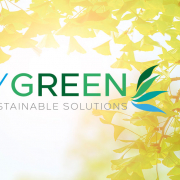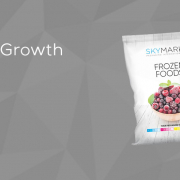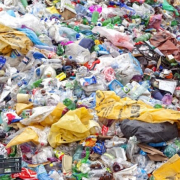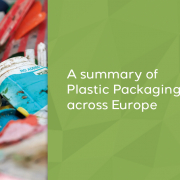The use of plastic packaging is highly demonised within the press and, although there is more to be done in reducing the use of unnecessary plastic packaging, is there still a place for it today? Food waste is not only an environmental but a humanitarian crisis. Around 1/3 of food produced globally is wasted yet more than 800 million people are considered to be starving. Although plastics remains a serious issue contributor to the global environmental crisis, food waste actually contributes more to climate change than plastics.
1.3 billion tons of food is wasted every year around the world”
Plastic Euroe
According to Plastics Europe, “around 1.3 billion tons of food is wasted every year around the world”. Despite some issues, plastics can provide an ideal solution to this ever-increasing issue. By keeping perishable foodstuffs, such as fruits and vegetables, in plastic packaging, it can be delivered with the highest quality guaranteed and maximum shelf-life possible. This helps to reduce both global food wastage and energy consumption whilst vicariously increasing sustainability. Plastics Europe also goes one step further, announcing “the first commercial manufacturing plant that captures C02 emissions…is now operational”. The ability to become carbon-neutral within the packaging industry is a gamechanger for sustainability. Plastic retains its value beyond the end of its current lifecycle as it has the capacity to be recreated time and time again. This recovery of energy saves on fossil fuels and further prevents mass wastage. New technology with the ability to breakdown “non-recyclable” polymers becoming more accessible, virgin polymer production (which requires oil or gas for energy) can begin to retire and therefore become more sustainable: recycling the unrecyclable.
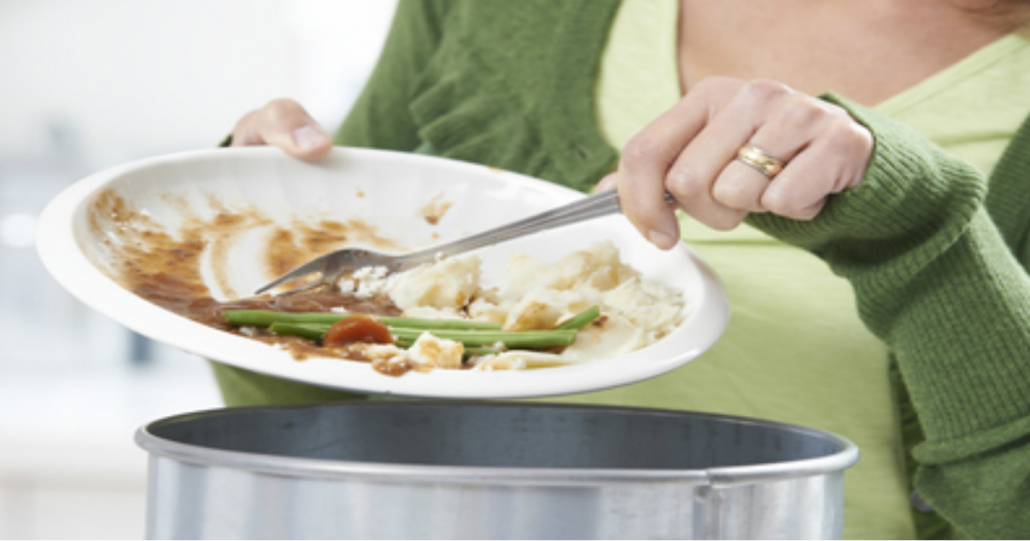
Food waste feeds climate change. Up to 40% of all food produced ends up wasted. This equates to around 8–10% of all greenhouse gas emissions. According to WRAP, “in the UK, 70% of post-farm gate food waste comes from the home”. Plastic packaging increases the shelf-life of perishable products. By extending this edible period, food is much less likely to be wasted. For example, the shelf-life of beef can be extended by 5-10 days with the use of advanced plastic packaging, remaining fresher for longer so food wastage is decreased. Europe on average loses around 3% of all food produced compared to up to 40% in developing countries. If plastic packaging can be more widely accessible to a global population, food wastage can be significantly decreased, and suppliers can maintain quality and freshness. This decreases waste at every part of the chain, from picking to packing to eating. WRAP has released recommendations to improve this food wastage as well as try and save on excess plastic packaging. These recommendations include selling loose, removing date labels and provide ‘Best Practice’ guidance on storage. If industry was to implement WRAP’s three recommendations, they estimate around 14,000,000 shopping baskets worth of food waste could be avoided along with around 1,110 truckloads of plastic.
In a post-pandemic world, many of us are still deeply uncomfortable with loose produce. Plastic packaging protects against contamination of food by creating a barrier between us and the produce. This not only extends shelf life but saves on water wastage as washing is not required. Plastic containers for more delicate products such as berries provide not only a sanitary purpose but also prevents physical damage in transport. This in turn reduces waste as more produce makes it to our supermarkets rather than be disposed of before they even hit the shelves.
Just 1kg of food going to landfill produces the same emissions as 25,000 plastic bottles (500ml)
When it comes to an overuse single use plastics, it can be agreed that it has a negative impact on the environment and steps have been taken to reduce this. Food waste, however, is the hidden climate crisis that seldom hits the headlines like plastic waste. Just 1kg of food going to landfill produces the same emissions as 25,000 plastic bottles (500ml). We still have more to do in reducing our environmental impact and plastics can surprisingly aid that. By using plastics to elongate the shelf-life of perishable goods we can reduce global food wastage and the greenhouse gas emissions they produce. This greatly reduces the negative impact we upon the environment and helps to prevent further climate change.

